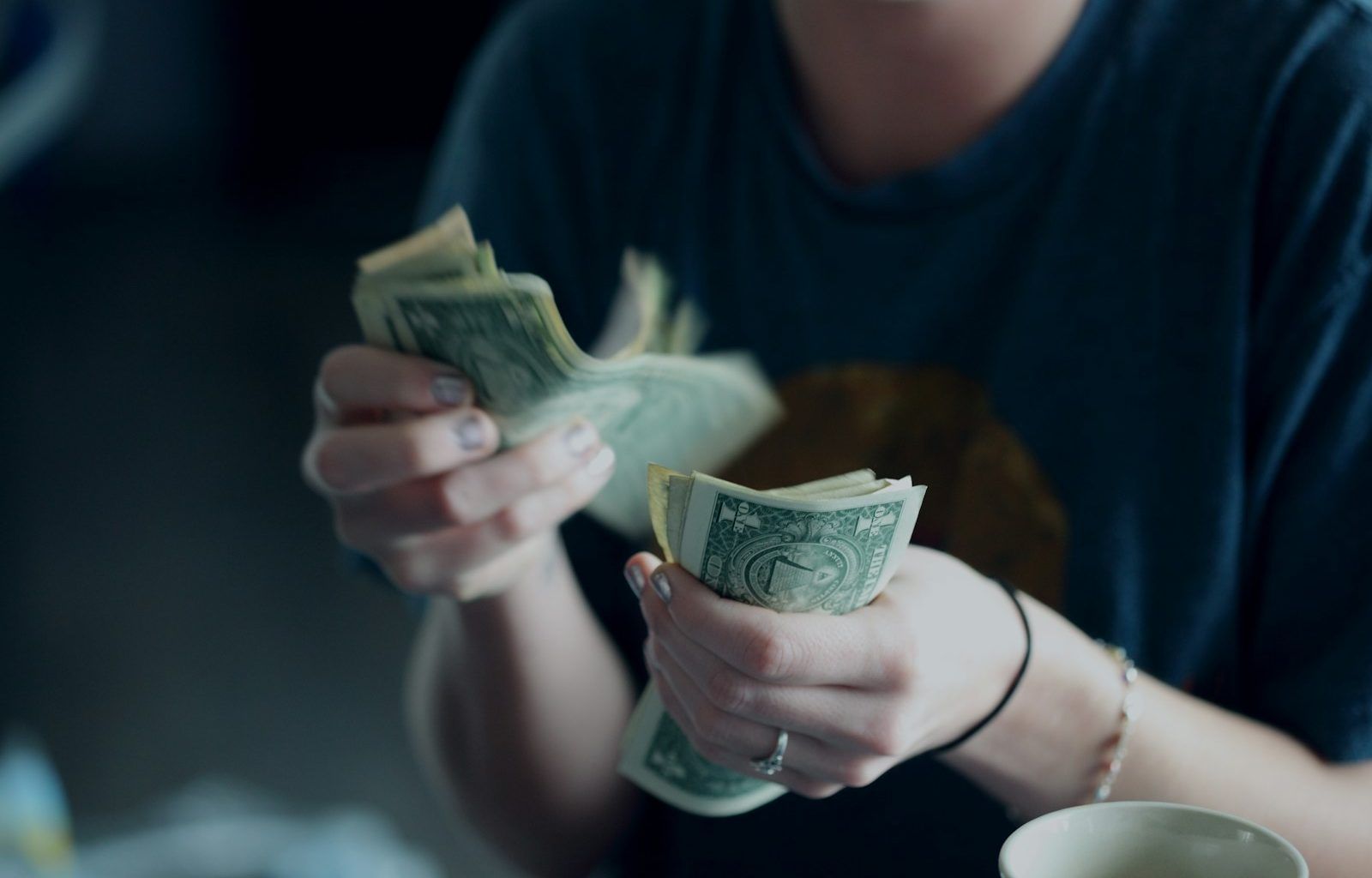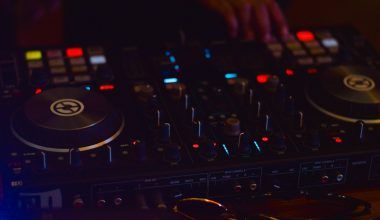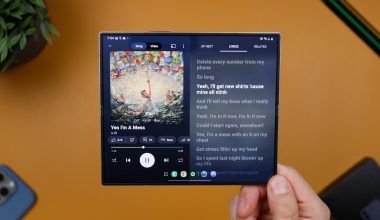If you’ve ever wondered how musicians and songwriters get paid when their music is played on the radio, streamed online, or performed live, then you’re in the right place. ASCAP royalties are a key part of this process. Let’s break it down so it’s simple, easy to understand, and relatable.
What Are ASCAP Royalties?
ASCAP royalties are payments made to songwriters, composers, and music publishers whenever their music is played publicly. The term “ASCAP” stands for the American Society of Composers, Authors, and Publishers. This organization ensures that music creators get paid for their hard work.
Imagine this: you’ve written a song. That song is played in a coffee shop, on a streaming platform, or during a concert. Each time that happens, you should get paid. ASCAP collects money from businesses and organizations that use music and then distributes it to the music creators.
Why Do ASCAP Royalties Matter?
For many musicians and songwriters, ASCAP royalties are a lifeline. These payments allow creators to focus on their craft without worrying about how they’ll make ends meet. After all, creating music takes time, effort, and talent. Without royalties, many artists might struggle to continue doing what they love.
Moreover, royalties recognize the value of music. They remind everyone—from small business owners to large corporations—that music isn’t free. It’s a product of hard work, creativity, and passion.
How Does ASCAP Collect Royalties?
The process might sound complicated, but let’s simplify it. ASCAP collects royalties by licensing music to businesses and organizations. These could be radio stations, TV networks, restaurants, or even digital platforms like YouTube. When these entities play music, they pay a licensing fee to ASCAP.
Here’s a quick example: a local bar wants to play music for its customers. Instead of paying every artist individually, the bar pays ASCAP a fee. ASCAP then tracks the music played and ensures the money goes to the rightful creators.
How Do You Earn ASCAP Royalties?
If you’re a songwriter or composer, earning ASCAP royalties starts with membership. You need to join ASCAP and register your songs with them. Once your music is registered, ASCAP can monitor its usage and ensure you get paid whenever it’s played.
It’s also important to promote your music. The more your music is played, the more royalties you’ll earn. This could mean uploading your songs to streaming platforms, sharing them on social media, or performing live. Every play counts!
Who Can Join ASCAP?
The great thing about ASCAP is that it’s open to anyone involved in creating music. Whether you’re a songwriter, composer, or publisher, you can become a member. There’s a one-time application fee, but after that, you’re all set to start earning royalties.
Even if you’re new to the music industry, ASCAP welcomes you. It’s a supportive community that helps musicians understand their rights and maximize their earnings.
How Are Royalties Distributed?
You might be wondering: how does ASCAP know who to pay? The organization uses sophisticated tracking systems to monitor music usage. They look at playlists, setlists, and digital data to figure out which songs were played and how often.
Tips to Maximize Your ASCAP Royalties
- Register All Your Songs: Don’t miss out on earnings by forgetting to register your music.
- Promote Your Work: Get your music out there. The more exposure, the more royalties.
- Perform Live: Submit your setlists to ASCAP. Even live performances earn royalties.
- Stay Updated: Keep track of industry trends and make sure you’re using all available tools to monitor your royalties.
Common Questions About ASCAP Royalties
How Much Can I Earn?
Earnings vary depending on how often your music is played and where. A song played on national TV will earn more than one played in a local coffee shop. However, every bit adds up.
Do I Need to Be Famous to Earn Royalties?
Not at all! Many independent artists earn significant income through ASCAP royalties. Consistency and exposure are key.
What Happens If I Don’t Register My Music?
If your music isn’t registered, ASCAP can’t track its usage. This means you won’t receive royalties, even if your song is played frequently.
The Bigger Picture: Why Royalties Matter
ASCAP royalties aren’t just about money. They’re about valuing creativity and ensuring artists are compensated fairly. Music shapes our lives in countless ways—it’s only right that those who create it are rewarded.
So, whether you’re a music creator or a fan, understanding ASCAP royalties helps us all appreciate the hard work that goes into making the songs we love.
Final Thoughts
Navigating the world of ASCAP royalties might seem daunting at first, but it’s a journey worth taking. For music creators, it’s a way to ensure their talent and effort are recognized. For everyone else, it’s a reminder to support artists and their work.
Music has the power to inspire, heal, and connect us. By understanding and respecting ASCAP royalties, we contribute to a world where creativity can thrive.
For further reading, explore these related articles:
- Future Life is Good Lyrics: A Simple Guide to the Song and Its Meaning
- The Inspiring Life of Singer Choi Sung Bong: A Story That Touches Every Heart
For additional resources on music marketing and distribution, visit DMT Records Pvt. Ltd..






